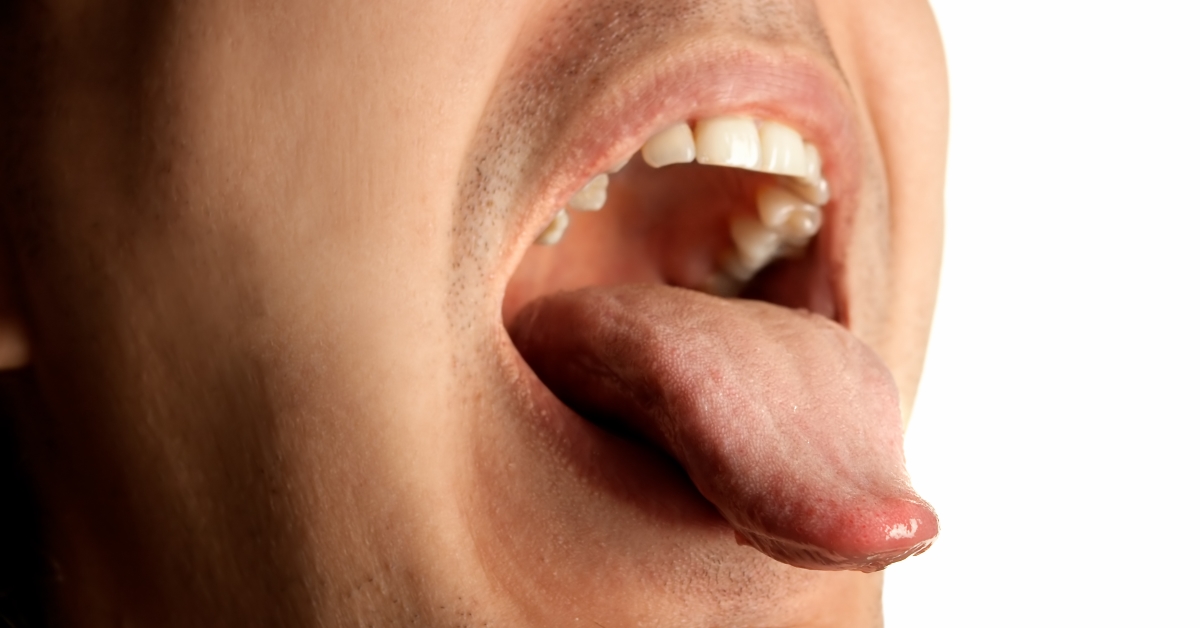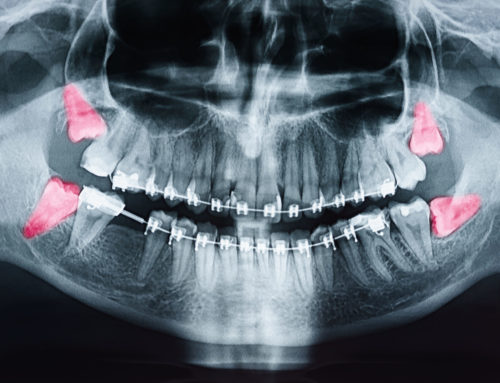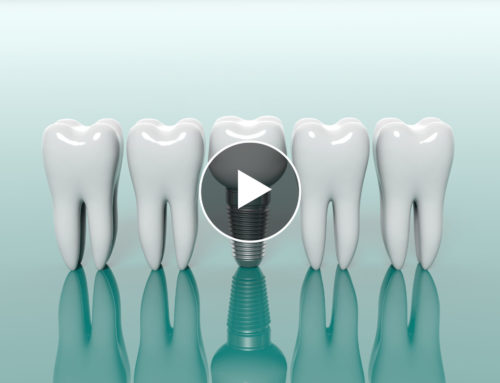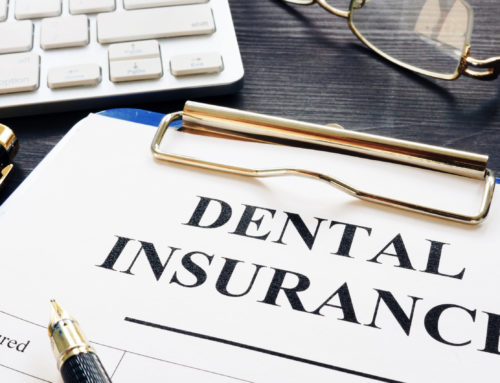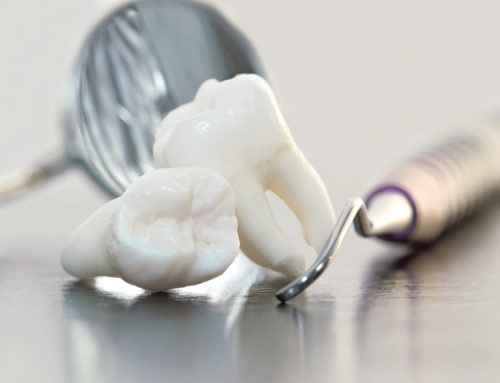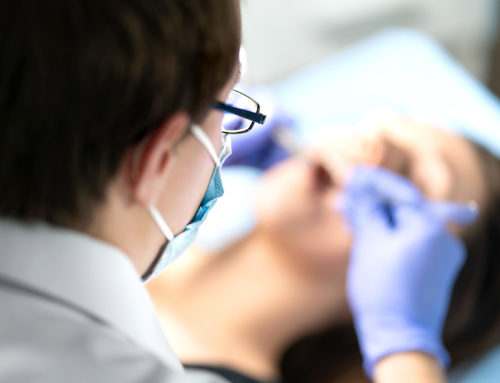Oral cancer might not be as common to people as other forms of cancer, but it’s still a severe diagnosis. In fact, over 50,000 people a year in the U.S. receive a new diagnosis, with over 9,000 deaths from it1. Learn more from the Oral Cancer Foundation.
Like other cancers, early diagnosis is the key to survival. Oral physicians and other medically-trained dental surgeons use oral pathology to study and diagnose diseases of the mouth. In fact, oral and maxillofacial surgeons specialize in diagnosing and treating various oral cancers, including disease of the maxilla and mandible (jaw). However, the first and most important way to detect early warning signs is for you to conduct regular self-screenings.
Why is Self-Screening Important?
The older we get, the more critical it is that we do self-screenings for many different types of potential ailments. Regularly looking for signs and abnormalities in your mouth can ultimately save money, and more importantly, save your life.
Fortunately, a self-exam for oral cancer signs is relatively easy to do. It only takes a few minutes, and there’s nothing complicated about it.
The Oral Cancer Screening Process
Beginning the Process
To start the process, you’ll need a flashlight and mirror so you can see the different areas of your mouth. First, begin examining the inside of your mouth, looking as best as you can in the back of the mouth and throat. Then, you should carefully check under and around your tongue, and around the roof of your mouth (maxilla). Lastly, you’ll also want to examine your cheeks and the areas between your teeth and cheeks, while also checking teeth and gums.
What to Look For
While examining your mouth, you should look for sudden abnormalities that may appear. For example, a discoloration that differs from the normal pink-colored tissues in your mouth could be problematic. Common discoloration issues consist of red, black, yellow, or white lesions. Also, raised or thick tissues and abnormal ridges and bumps are things you’ll want to monitor very closely. If you experience pain and/or sores and ulcers that don’t heal after a week, it’s time to get help.
Developing Good Habits
When you conduct regular oral self-screenings, you’ve begun a wise practice. Not only will you become extremely familiar with your mouth, but you can also quickly detect if something is different. Then, you can share with your dental practitioner any changes or abnormities that you’ve found during your clinical exams.
Biggest Warning Signs
The most significant warning signs include bumps, discolorations, sudden textural changes in your mouth, or anything out of the ordinary. Though none of these warning signs automatically guarantee that you have early stages of oral cancer, take them seriously. In other words, be sure to treat them as such and report these signs of abnormality to your dental practitioner right away.
Unfortunately, as with other causes of cancer and disease, there are certain factors that can put you at greater risk of developing oral cancer. Smoking, for instance, and the regular use of snuff and chewing tobacco can greatly increase one’s risk of a cancer diagnosis.
Scheduling a Professional Consultation
You should never hesitate to schedule a professional consultation if you’re unsure about what you discover during your self-screenings. With that being said, some people will wait a week or two after discovery to see if the abnormality will heal or dissolve. In this instance, it’s okay to do this. However, if the problem doesn’t go away or if symptoms persist, it’s time for you to seek help.
Most patients will go to their first line of defense, their dentist. However, once the dentist determines the possibility of cancer, he or she will then refer them to an oral maxillofacial surgeon.
Once a patient meets with a highly-trained dental surgeon, that surgeon will take it from there in determining a plan of action for treatment. For an appointment or more information in Houston, contact OMSH today.
References:
- Oral Cancer Foundation (2019, February 27). Oral Cancer Facts [Online Post]. Retrieved from https://oralcancerfoundation.org/facts/

